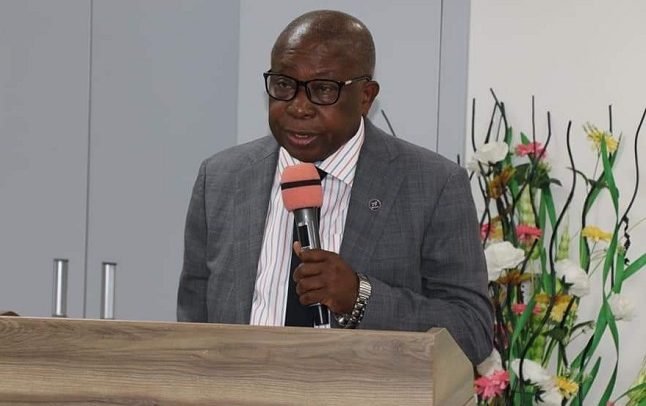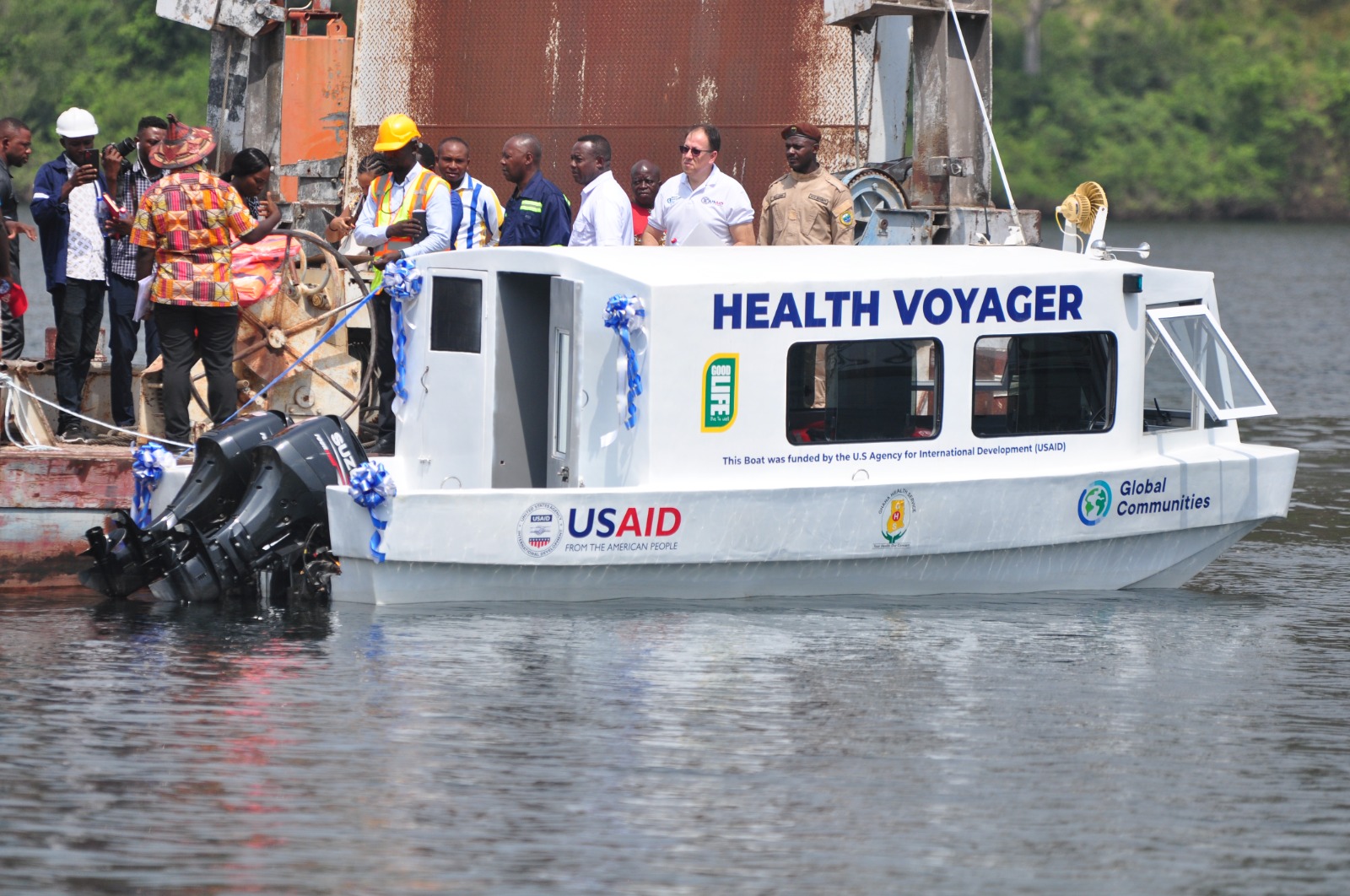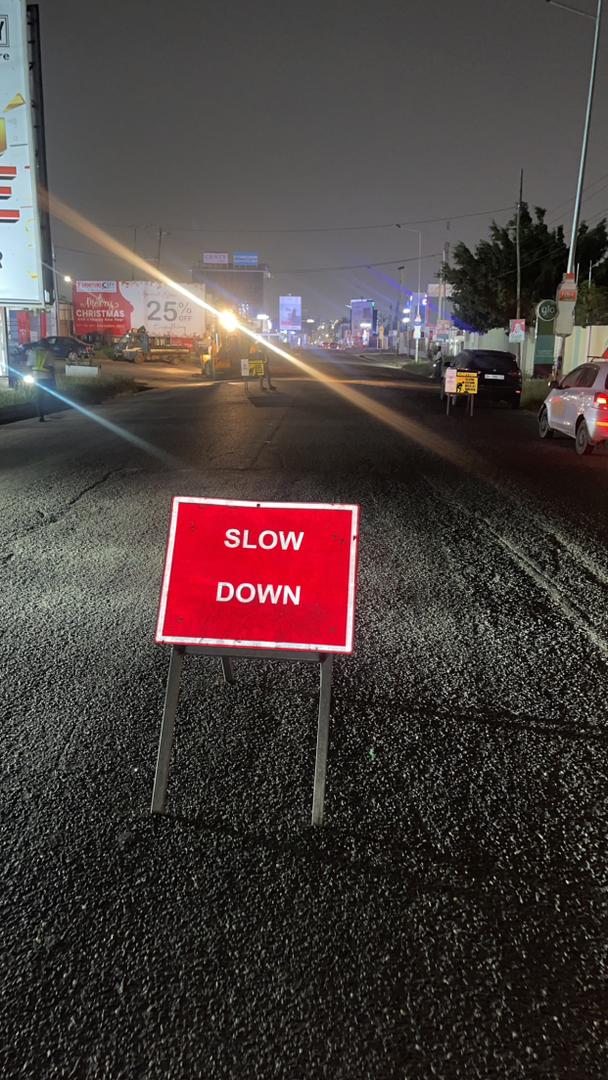
In Ghana’s capital, Accra, amidst the hustle and bustle of everyday life, lives Akua Danso, a dedicated nurse at Korle Bu Teaching Hospital.
Akua’s journey is one of perseverance, determination, and a commitment to the health and well-being of her fellow Ghanaians.
THE EARLY DAYS OF THE PANDEMIC
When COVID-19 first hit Ghana, Akua was on the front lines. The virus spread rapidly, overwhelming hospitals and instilling fear across the nation. Akua recalls those early days with a mixture of sorrow and strength.
“We were running out of beds, out of protective gear. Every day was a battle to save lives,” she says, her eyes reflecting the weight of those memories.
COMMUNITY IMPACT
Akua’s neighborhood, like many others, was deeply affected. Small businesses closed, and families struggled to make ends meet.
Kojo Appiah, a local shop owner, watched his livelihood crumble as the pandemic forced him to shutter his store.
“I had to let go of my employees. It was heart-wrenching,” Kojo shares. “But I kept thinking about how we could all come together to support each other.”
THE CALL FOR CHANGE
Amid the chaos, calls for a National Health Security Policy (NHSP) and a Public Health Emergency Fund (PHEF) grew louder. Health leaders, including those from the Ghana Health Service and the Ministry of Health, advocated tirelessly for these initiatives.
Dr Franklin Aseidu-Bekoe, Director for Public Health at the Ghana Health Service (GHS) says the Government is considering the establishment of a Public Health Emergency Fund (PHEF) to ensure timely and quick response to unplanned public health threats.
“We must build a system that anticipates and responds swiftly to health emergencies,” he stated.

REALLOCATING RESOURCES FOR GOOD
The proposal to reallocate the COVID-19 levy into a permanent Public Health Emergency Fund sparked hope. This fund would provide a financial safety net, ensuring that resources are available when the next outbreak occurs.
It also aims to invest in long-term health infrastructure, training programs for healthcare workers, and public health education campaigns.
Akua sees the potential of such a fund firsthand.
“Imagine if we had the resources ready from the start. The difference it would make in saving lives and preventing panic is immense,” she says.
LEARNING FROM THE PAST
AKUA’s story is intertwined with the larger narrative of Ghana’s struggle against various health crises. Between 2020 and 2023, the country faced eight different disease outbreaks, including Lassa Fever, Monkeypox, and Yellow Fever.
Each outbreak left a mark, both on the nation’s health system and on the lives of everyday Ghanaians.
Alhassan Ali, a farmer from the northern Region, remembers the outbreak of Cerebrospinal Meningitis (CSM) that hit his village called Singa.
“We lost so many, too quickly. There were not enough medicines, not enough doctors,” he recalls. Ali’s experience underscores the urgent need for a robust health system that can respond to such emergencies.

A VISION FOR THE FUTURE
Ghana has the opportunity to learn from successful health security models around the world. By adopting best practices and innovative solutions, the nation can build a thriving health system.
The NHSP and PHEF are steps toward this vision, ensuring that Ghana is prepared for future pandemics and other health emergencies.
For Akua, the possibility of a well-funded health system brings hope.
“I want to see a future where we don’t have to scramble for resources, where we are ready and equipped to handle any health crisis,” she says.
Her hope is reflecting by many across the nation, from government officials to grassroots activists, all advocating for a secure and healthy future for Ghana.
Dr. Da Costa Aboagye, formerly the Director of Health Promotion at the Ghana Health Service and now the Chief Executive Officer (CEO) of the National Health Insurance Authority (NHIA), believes this initiative is on the right track.
“The establishment of the National Health Security Policy and the Public Health Emergency Fund is a significant step towards ensuring that Ghana is prepared for future health crises. This proactive approach will save lives and build a more resilient health system for all Ghanaians.”

RESOLUTION
The story of Ghana’s health system is not just about policies and funds; it’s about the people whose lives are directly impacted by these decisions.
It’s about Akua, Kojo, Ali, and countless others who endure hardships but remain steadfast. By coming together, they can build a health system that not only responds to emergencies but also protects and nurtures the well-being of every Ghanaian.
As the nation moves forward, the call to action is clear: to invest in health security, to be proactive, and to ensure that no one is left vulnerable in the face of future health crises.
This is not just a policy; it’s a promise to every Ghanaian, a commitment to a healthier, safer future.
The post Building Ghana’s Health System: A national health security initiative call first appeared on 3News.
Read Full Story

















Facebook
Twitter
Pinterest
Instagram
Google+
YouTube
LinkedIn
RSS